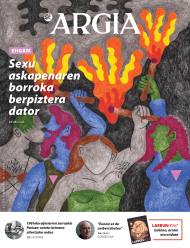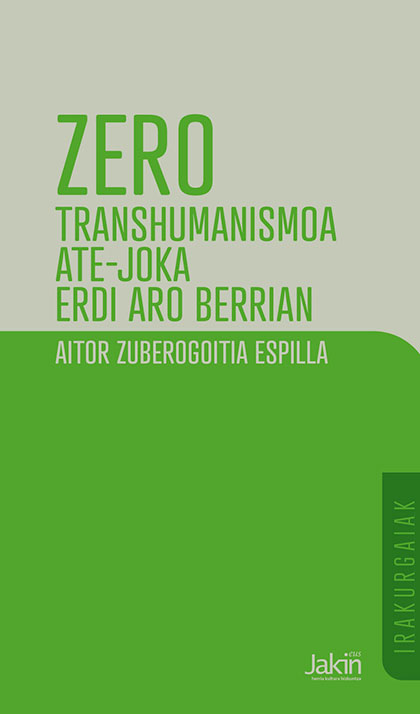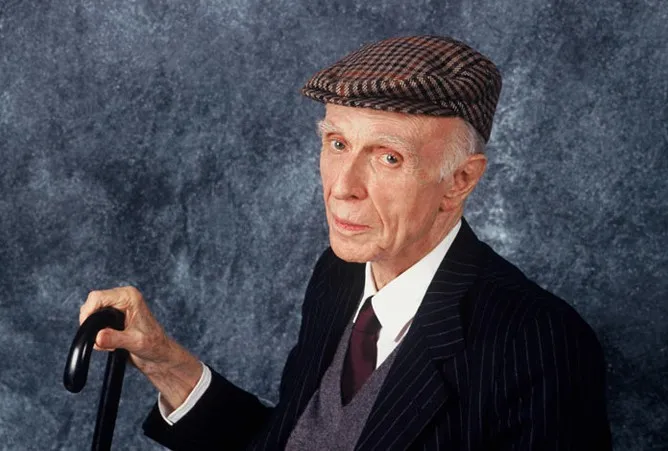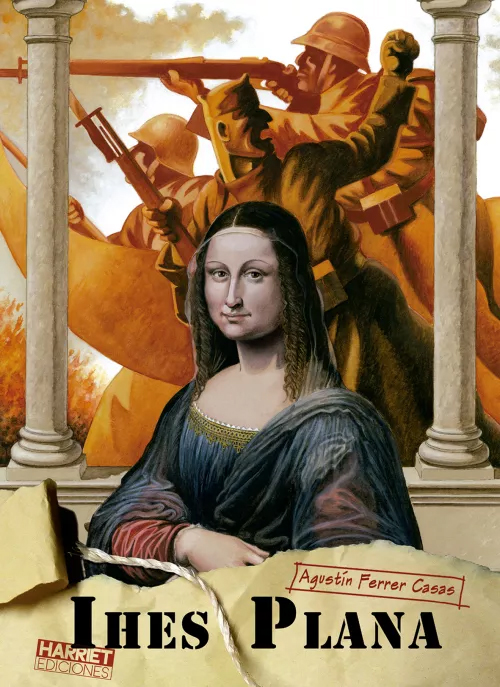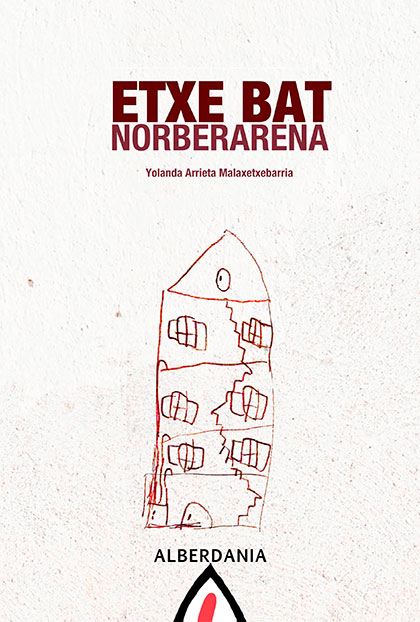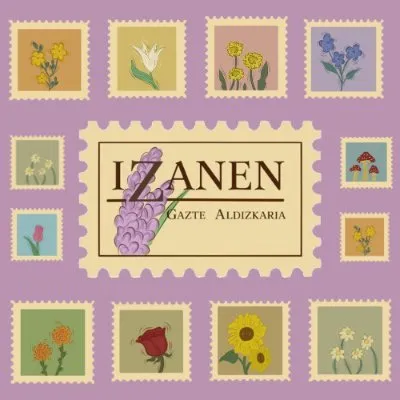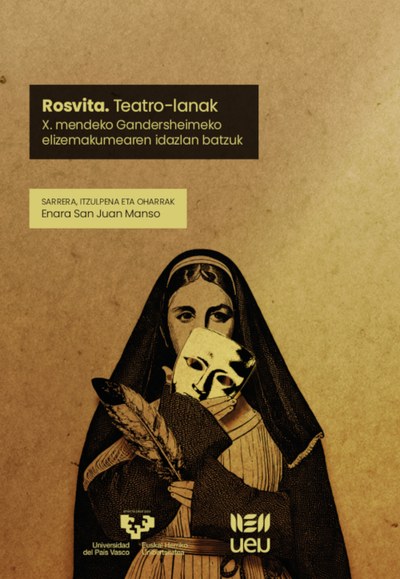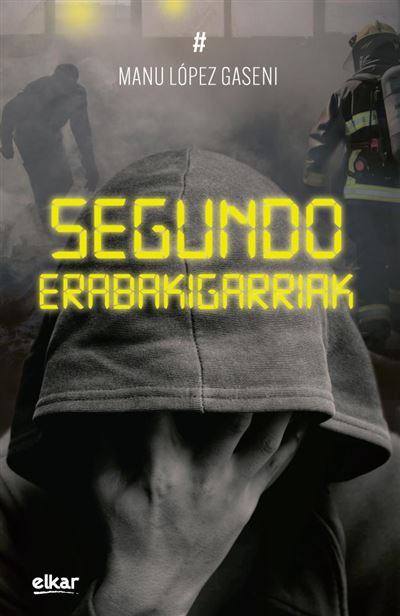“Journalism is a profession that does not exist today”
- Guillem Martínez (Cerdanyola del Vallés, Catalan Countries, 1965) used it in the Catalan process. It is to this issue that he devotes his best lines. The 78 regime also includes the concept of Transition Culture (CT). Now we look inwards in the book On Sundays (Anagram, 2021). It does not appear to be an identifiable sign of his work, but it does not totally betray the Guillem Martínez label.
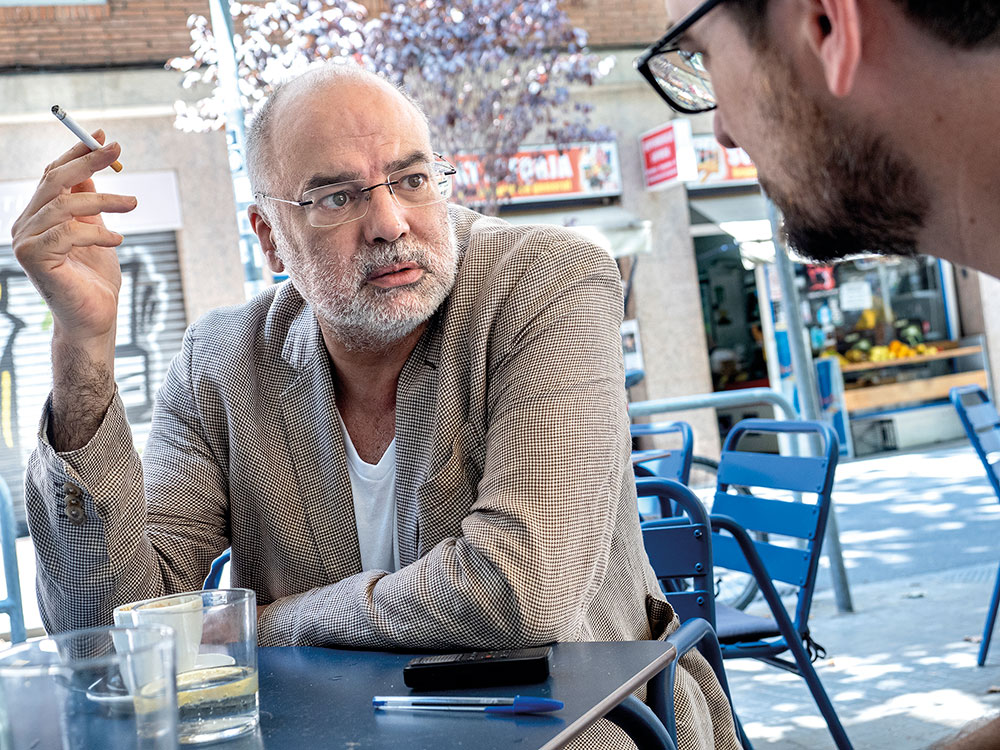
The other day he rested, he throws the columns in the CTXT publication. We have interviewed on a Tuesday without the sadness points that we usually have, on Sundays, even those Martínez texts that leave on Sundays. On the contrary, the movement is constant around the terrace in which we have come together, in the hidden district of Galvany, in Barcelona. There is also noise, and our interlocutor is not particularly vocal; he often seems to be talking to his shirt. If the device records something, I swear I'm going to put a candle on my Sony as I caught a loose phrase impregnated with a cut.
Mr Martinez, what was the initial intention of these pillars?
The idea is 2016, to make an intimate section, because I predicted that something really nasty was going to happen in politics. And with these tough political processes, it gets rid of. So the idea was to do a personal thing, to remember who it was, beyond politics; I wanted to know who it was. They're small, moving postcards with journalistic media, but not just poetic; and I think it works literally, even journalistic, personally.
On Sundays is, without a doubt, a collection of columns, articles, texts, journalistic texts published in the section Narratives Hispanics de Anagram. Is it an oxymoron?
I am very proud of that. Look, I'm like Julien Sorel. I arrived in Barcelona, from the industrial belt, it was another universe, and upon arriving Anagram fed me: I went to the presentations that the publisher was organizing, to dinner, and then I began to write about culture. And then I realized that the authors had less than we the author's journalists. Journalists are writing professionals, not always authors. I say to him with humility: we have different rules of play, we have the possibility to make more decisions of our own, we have more stylistic options, and we are not so tied to the image of the author. That gives you great freedom.
You can say that journalism accepts everything in itself, any kind of text. But also the literature. What, then, is the difference?
In quotation marks, the truth. What a journalist writes is verifiable, it should be, not what a writer writes. This commitment to the truth, with the ability to decode readers immediately, is then the difference between the two. You have to read a newspaper text as if it were true. It is a reading of the reality in which the honesty, the dexterity, the capacity of the journalist must be valued.
There are people who argue that what is published in the newspapers should remain in the newspapers. I would be interested to make a defence of that second life that the press texts can have in the books, which is not so common.
I've published a lot of things, the ones that first appeared in magazines, and they've happened weird, because they have a temporary audience. This is a biographical book, the literature of the perception of the Ni and the I, the things lived, the views, which can be read today, but which we hope in ten, up to twenty years. I've also made a very different linguistic bet than I normally do.
They are very autobiographical, the most “autobiographical” 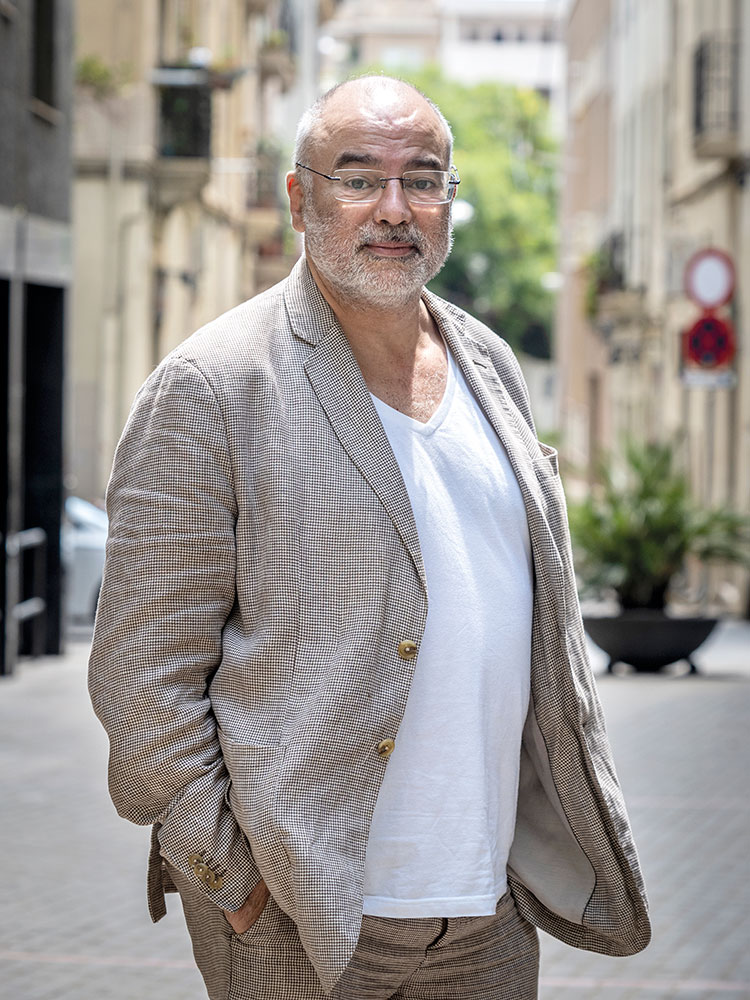 texts, according to the humiliator Ignacio Echevarria. Lasting for someone who knows their journalistic work: I have laughed less than I expected. On the contrary, I've moved much more than I expected.
texts, according to the humiliator Ignacio Echevarria. Lasting for someone who knows their journalistic work: I have laughed less than I expected. On the contrary, I've moved much more than I expected.
I really like laughing, it's a need I've always had, laughing at no one is an incredible pleasure, but over time I've seen another idyllic opportunity I've used when I've worked on television, and it's laughing and crying at the same time. When you get it, it's an ecstasy. But here I thought no, I couldn't make you laugh; I even thought sometimes I had to cry, that in the end it's very similar to making you laugh, the mechanism is very similar -- a spoil of what you expect.
The biography, the intimacy, is contrary to what, according to the academy, journalism would need; to what extent have you felt uncomfortable with those internal things to explain them?
I'm already struggling. In addition, it's not a demonstration, because what I teach is not often the builder, I haven't felt naked, and when I've had to undress, I've camouflaged it, underneath another person, underneath the readings. Above all to protect the privacy of other people. The book does not wager on the evil of the world, it can be cruel, but not bad. In my life, I haven't found the evil, the ancestors do, and you see it on the leaves, and that just helps you take the measure: I've never seen a field of slaughter, not a shot in the back, and that forces you to be optimistic about the dirt that you've seen. It's not comparable to what our grandparents saw.
It's a rather optimistic book, although somewhat contradictory: sometimes you say you like life, but sometimes you like less and less.
I really like life. Malraux said: life is not worth anything, but nothing is worth life. That's it. There are personal failures, I'm not going to say that it's the best of possible worlds, but compared to what's going on around the world, we should be optimistic in our first world, I'm very angry at the third generosity of the first world.
One of the risks of using biographic material can be the excessive beautification of the character. It is not the case, it is not particularly good for itself.
It has even been an embellishing effort on the part of the rivals. When you have to explain something, it's not always black or white, the personal memory is often and should be, but if you remove the memory it can't be one or the other. In general, the world, this thing that I discovered with parenthood, is better than you think at first. For many years I have imagined a very bad world. And it's actually not a paradise, that's for sure, but it's more good than bad. Honestly, I have not known evil, bad things yes, bad people too, but evil people seem like a naughty child compared to evil. The evil I have not seen, I have been told, and I find it incomprehensible, I cannot intellectualize it. With evil it is not worth lacing it.
"Anyone's private life is built with oblivion or is insane otherwise. If we remember everything we've done, everything we haven't done, everything we've done..."
At a time when the historical memory is still alive, I very much liked the claim it has made of oblivion.
The left is obsessed with the past. There was a war here, OK, it's explained. But after all in life, forgetfulness is not only necessary, it is especially very common, essential to be able to get out of bed every morning. Anyone's private life is forgotten, or it's crazy in a different way. If we remember everything we have done, everything we have not done, everything we have been done… It is not worth it, the memory is overvalued; something very European, by the way, and a driver of crime. The Americans have no memory, the Australians mentioned in the book, and they do not seem happier, but quite apart from that, intellectually, it seems to me to be a very positive attitude.
I didn't know you traveled so much, by the way, I found it with this book.
At that time journalism was pagotxa, we traveled a lot, it was a good profession. I've known the golden age of the trade: Until the 1970s there was no journalism, journalists with many trades, a situation that lasted until the 2008 crisis. Three or four decades, therefore. Journalism allowed a guy like me to see the world; I've seen things I've never imagined. But journalism is a profession that doesn't exist today.
The book often shows the periphery of Barcelona, the migratory process known by this area, which many lived traumatically, but which does not appear traumatically.
My family has been a migrant, I am the first member of the family who was born in the same place where their parents were born. I think migration is a mindset, people moving are strong, fast and good. When I was little, we were 60 in class and two were speaking Catalan and I didn't experience trauma. It was a party of friendship, of vote, of desire to live, a kind of Coney Island. Today you also see it: South Americans, Africans -- walking past a school and just blank. It is positive, a collective adventure, so many people, from the coup, to improve everyone, with the intention of moving forward.
"You can't do politics by touching sentimentality, you have to turn the left into material and abandon all sentimentality into politics, bet on the distribution of wealth and few more things"
I also liked the definition of left-wing ideologies as a response to the suffering that exists in the world, but, without forgetting suffering, they should not be proponents, reinforce desire, the positive aspects of life to which we referred earlier.
The Left, always, and now also the Right, are sentimental hyper and hatred suddenly to be sentimental, because that's how I am, and even though hatred is also a feeling. You cannot do politics by touching on sentimentality, you must turn the left into material and you must abandon all sentimentality into politics, you must opt for the distribution of wealth and few more things. We're creating a very rare dictionary, an absurd trust in language, it seems that by changing the pronouns, property is going to disappear, but rights are synonymous with freedom and distribution. This is how young people escape, protest against it, there is nothing material that can come into contact.
These texts were palliative for Sunday, while you wrote another kind of heavier text between the week, like the one in Catalonia. Why write politics, then, if it causes so much suffering?
These texts have not been tender: I started on Monday, three or four pages, and as Sunday approached, it was half page. And we had to talk about the Catalan process because nobody was talking, people who were just taking statements and repeating them. And the process required to be explained, to be translated, because the communicative construction was very strong, it had to be brought to reasonable words. Basically nothing was said and a new and disturbing framework of Catalan nationalism was built. I am very discouraged by the future of this small town, it cannot be its only reason for its own preservation. The most striking thing is, moreover, the ease with which it has been done: it has been seen that it is very easy to change the perception of a society even in democracy.
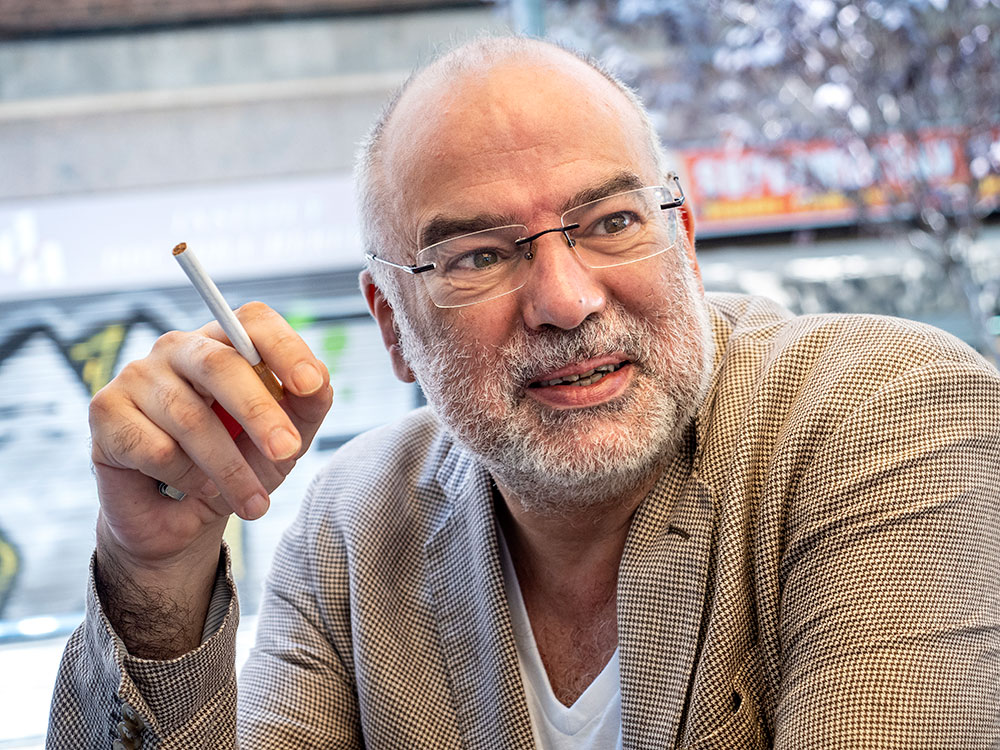
At one point it came to describe two processes, one of government and another of society, which often had nothing to do with it. Is there anything left of the civil process?
No, no, the facts end up adopting a tendency of government. We thought civil society existed here, and it doesn't exist. Catalonia is as unprotected as Spanish society.
Also in Barcelona, in that entity that is in Catalonia but is not Catalonia?
Barcelona has always been very original, and it is a very strong entity for a country like Catalonia. I've been out for a couple of years and back, I found it very sad, in a landscape next to the process. Because the one from Catalonia arose against a language that the extreme right has travelled in Spain, I do not think there is yet a real problem between communities. And if there is ever, it will be by political will, as in Yugoslavia. We must recognise the diversity of Catalonia, and also of Catalonia, a nation is not a homogeneous thing. It would be good to end this with a structure for Barcelona, it needs an administration like Madrid, no flag, no national project. But it will be as difficult as Spain recognises plurinationality.
Finally, I share your opinion: these columns are one of the best things you have written, it is a book that I will visit you on several occasions.
Thank you very much. I haven't read the book to correct, yes, before the pandemic, then it was delayed, and I don't remember it very well. But there's some discovery, glad. There are few long texts, although the most liked by editor Jorge Herralde. Not me. My fantasy is to write three-line articles. Like Jardiel Poncel.
Zero. Transhumanismoa ate-joka erdi aro berrian
Aitor Zuberogoitia
Jakin, 2024
-----------------------------------------------------------
Hasieran saiakera filosofiko-soziologikoa espero nuen, baina ez da hori liburu honetan aurkitu dudan bakarra. Izan ere, biografia... [+]
Adolfo Bioy Casares (1914-1999) idazle argentinarrak 1940an idatzitako La invención de Morel (Morelen asmakizuna) eleberria mugarritzat jotzen da gaztelaniaz idatzitako literatura fantastikoaren esparruan. Nobela motza bezain sakona da, aparta bere bakantasunean, batez... [+]
Anton Txekhov, Raymond Carver eta Alice Munroren ipuingintzari buruzko mahai-ingurua egin dute Iker Sancho, Harkaitz Cano eta Isabel Etxeberria idazle eta itzultzaileek, Ignacio Aldecoa zenaren ipuin literarioaren jaialdian, Gasteizen. Beñat Sarasolak gidatuta, autore... [+]
Ihes plana
Agustín Ferrer Casas
Itzulpena: Miel A. Elustondo
Harriet, 2024
---------------------------------------------------------
1936ko azaroaren 16an Kondor legioko hegazkinek Madrilgo zenbait museori egin zieten eraso. Eta horixe bera da liburu honetara... [+]
Joan den urte hondarrean atera da L'affaire Ange Soleil, le dépeceur d'Aubervilliers (Ange Soleil afera, Aubervilliers-ko puskatzailea) eleberria, Christelle Lozère-k idatzia. Lozère da artearen historiako irakasle bakarra Antilletako... [+]
Martxoaren 17an hasi eta hila bukatu bitartean, Literatura Plazara jaialdia egingo da Oiartzunen. Hirugarren urtez antolatu du egitasmoa 1545 argitaletxeak, bigarrenez bi asteko formatuan. "Literaturak plaza hartzea nahi dugu, partekatzen dugun zaletasuna ageri-agerian... [+]
Etxe bat norberarena
Yolanda Arrieta
Alberdania, 2024
Gogotsu heldu diot irakurketari. Yolanda Arrietaren obra aski ezaguna zait eta iragan maiatzean argitaratu zuen proposamen honetan murgiltzeko tartea izan dut,... [+]
1984an ‘Bizitza Nola Badoan’ lehen poema liburua (Maiatz) argitaratu zuenetik hainbat poema-liburu, narrazio eta eleberri argitaratu ditu Itxaro Borda idazleak. 2024an argitaratu zuen azken lana, ‘Itzalen tektonika’ (SUSA), eta egunero zutabea idazten du... [+]
SCk Zerocalcareri egindako galdera sorta eta honen erantzunak, jarraian.
Euskal Herriko literatura gaztearen eta idazle hauen topagune bilakatu nahi den proiektu berriaren inguruan hitz egingo dugu gaur.
Rosvita. Teatro-lanak
Enara San Juan Manso
UEU / EHU, 2024
Enara San Juanek UEUrekin latinetik euskarara ekarri ditu X. mendeko moja alemana zen Rosvitaren teatro-lanak. Gandersheimeko abadian bizi zen idazlea zen... [+]
Idazketa labana bat da
Annie Ernaux
Itzulpena: Leire Lakasta
Katakrak, 2024
Decisive seconds
Manu López Gaseni
Beste, 2024
--------------------------------------------------
You start reading this short novel and you feel trapped, and in that it has to do with the intense and fast pace set by the writer. In the first ten pages we will find out... [+]









